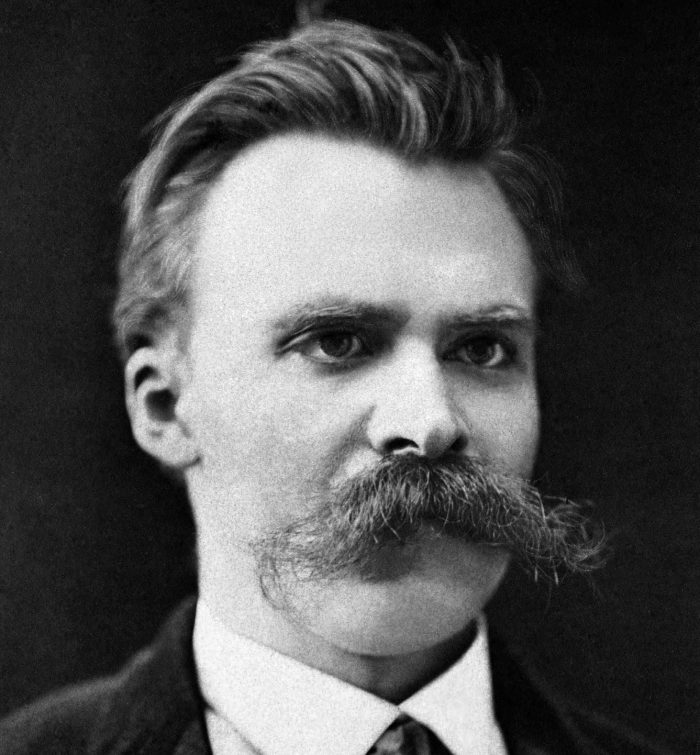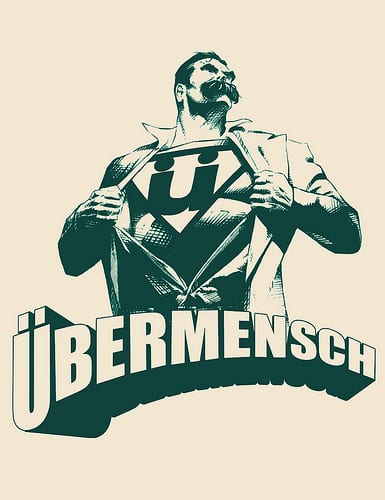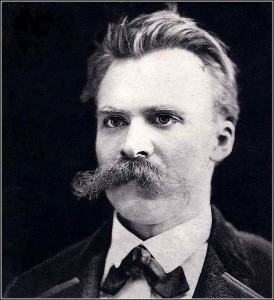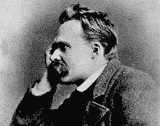Nietzsche’s Slave and Master Morality, Death of God
Nietzsche’s opines that there are two different moralities; the master and slave morality that appears universally in society and are always in conflict with each other. According to the philosopher, people with a stronger will and more ambitions possess master morality. These individuals are also open-minded, risk-takers, influencers, and have high self-esteem. Master morality, stresses…




